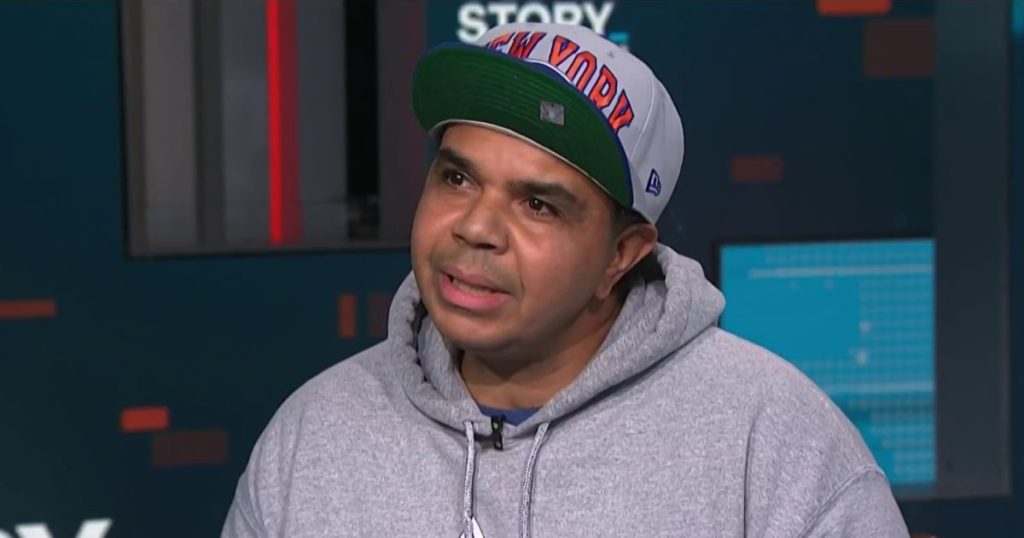The content discusses the impact of social media on people’s mental health and overall well-being. It highlights how platforms like Instagram, Facebook, and Twitter can contribute to feelings of inadequacy, anxiety, and loneliness, especially among younger users. The constant comparisons to others’ seemingly perfect lives and the pressure to maintain a carefully curated image online can take a toll on individuals’ self-esteem and mental health. Studies have shown a correlation between excessive social media use and higher rates of depression, anxiety, and low self-esteem.
Additionally, the content explores how social media can also exacerbate feelings of isolation and disconnect in individuals, despite providing a platform for connectivity. The superficial nature of relationships formed online, as well as the tendency to compare one’s own life with the highlight reels of others, can lead to increased feelings of loneliness and dissatisfaction. This can be particularly detrimental for those who already struggle with social skills or have limited face-to-face interactions.
Moreover, the content delves into the phenomenon of social media addiction and its negative impacts on mental health. The constant need for validation through likes, comments, and shares can create a cycle of dependence on social media for self-worth and validation. This can lead to feelings of withdrawal, anxiety, and even depression when access to these platforms is limited. The addictive nature of social media can also hinder individuals from engaging in meaningful real-life interactions and activities, further exacerbating feelings of isolation and disconnect.
Furthermore, the content addresses the role of cyberbullying and online harassment in contributing to mental health issues among social media users. The anonymity and distance provided by the internet can embolden individuals to engage in harmful behavior towards others, leading to increased rates of cyberbullying and harassment. This can have serious consequences for the mental well-being of victims, resulting in feelings of fear, anxiety, and depression. The lack of accountability and consequences for such behavior can also perpetuate a toxic online environment that further exacerbates mental health concerns.
Additionally, the content discusses the importance of practicing mindfulness and setting boundaries when using social media to protect one’s mental health. By being aware of the impact of social media on one’s emotions and self-esteem, individuals can take steps to limit their exposure to harmful content and focus on cultivating a healthier relationship with technology. Setting aside designated times for social media use, engaging in activities that promote mental well-being, and prioritizing real-life connections can help individuals strike a balance between online and offline interactions.
In conclusion, the content emphasizes the need for individuals to prioritize their mental health and well-being in the digital age. While social media can offer valuable connections and opportunities for self-expression, it also poses risks to mental health that should not be overlooked. By being mindful of their online habits, setting boundaries, and seeking support when needed, individuals can navigate the complexities of social media in a way that promotes positive mental health and overall well-being. Ultimately, it is important for users to recognize the impact of social media on their mental health and take proactive steps to protect themselves from its potential negative effects.


